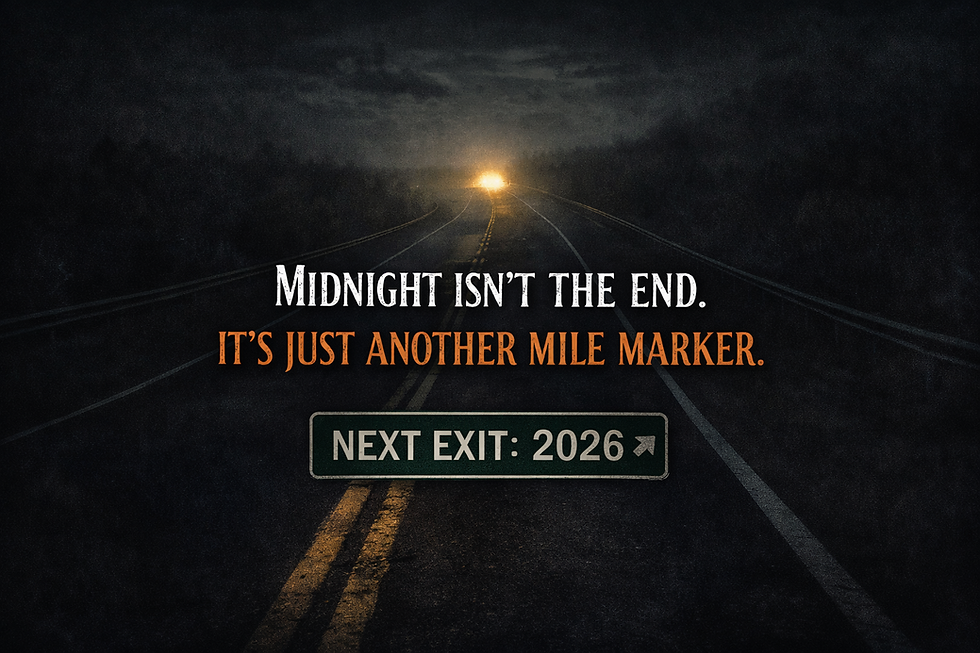The Book On My Nightstand: Just Mercy-A Story Of Justice And Redemption
- jtoepfer66
- Feb 1, 2024
- 2 min read
Last year, I joined a book club, hoping, amongst other reasons, that it would increase the likelihood that I would read books that I might not ordinarily choose to read on my own. The first book selected by the group was Just Mercy.

As a writer of fiction novels, I am partial to that genre and admittedly overlook non-fiction books. I began to read the book and quickly found myself engrossed in it.
At its core, Just Mercy is a memoir of the early stages of the legal career of Bryan Stevenson. Mr. Stevenson is an attorney and Executive Director of the Equal Justice Initiative. This non-profit organization provides legal counsel and representation to prisoners who may have been wrongfully convicted of a crime or may not have received effective representation. Stevenson raises concerns surrounding mass incarceration and capital punishment by detailing specific aspects of his cases.
This book made me uncomfortable, which I am sure was the author’s intent. The history of race relations in our country remains a wound that will not heal. There is no way one can ignore, especially after reading this book, the failings of our justice system that emerged because of America’s racial history. As a father of children with disabilities, I was particularly troubled by the number of mentally challenged individuals facing not only the prospects of lifelong imprisonment but even the death penalty.
I couldn’t help but recall a course I took in college on the history of criminal justice in America. It taught me that our criminal justice system is like a pendulum that swings back and forth between incarceration and rehabilitation as the solution to the problem of crime. Neither has been the panacea that society hoped it would be. Like most things in life, they come with unintended and sometimes destructive outcomes. This novel sheds a particular light on these outcomes.
One particularly relevant takeaway for me was that it is important to challenge oneself to look at issues through different perspectives but recognize that as much as we like history to be neat and tidy, it is seldom if ever, truly that way. History is not about right or wrong, good or bad, but about accepting that there is usually your side, someone else’s, and the ultimate truth, which probably lies somewhere in between.
Finally, despite the complex subject matter of the book, which cannot help but leave one feeling discouraged, Mr. Stevenson finds one ray of hope. During a particularly low moment, he concludes that we all have some measure of brokenness but that it is a vital part of our humanity. Stevenson argues that recognizing this damage in everyone promotes mercy for others and the potential for healing for all of us.




Comments